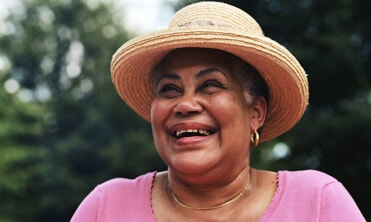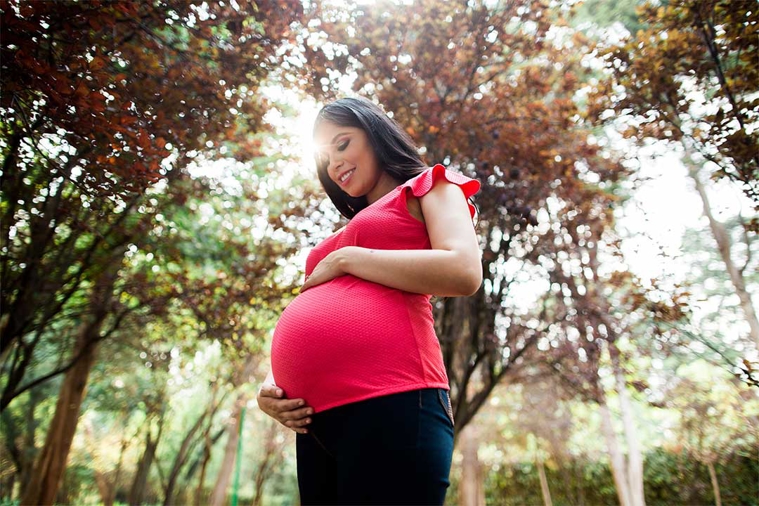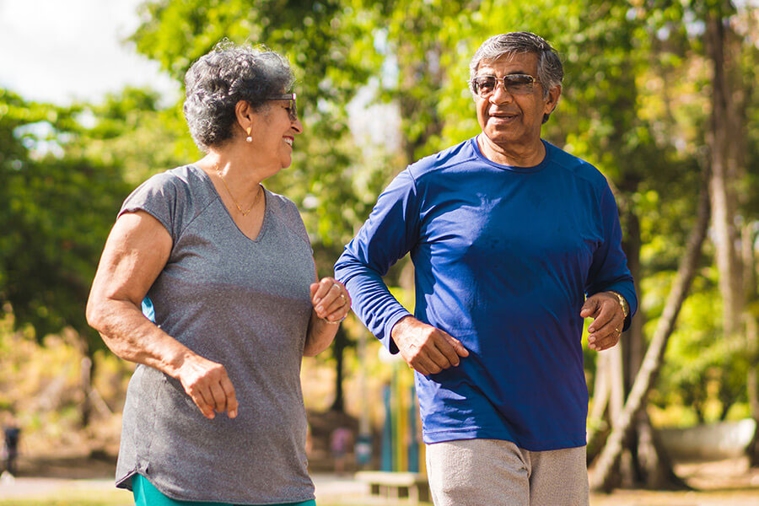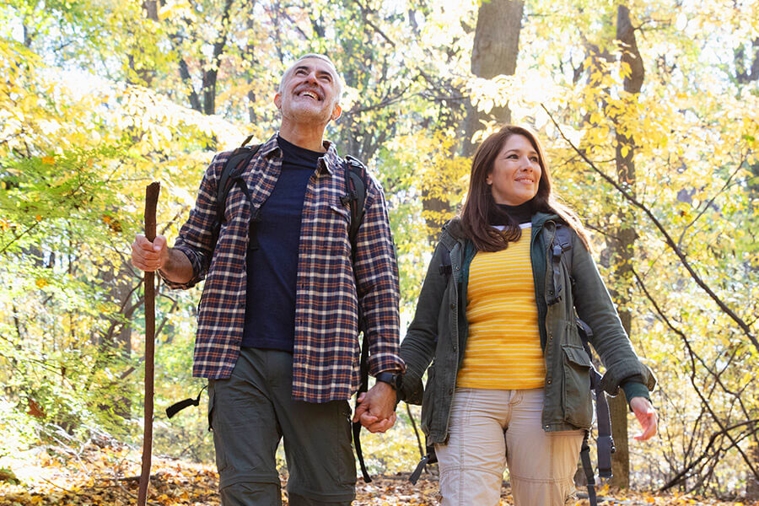
How does the COVID-19 vaccine affect your mammogram?
Getting the COVID-19 vaccine may leave you feeling a little tired for a day or two. But did you know that the timing of your immunization can affect your screening mammogram? Here’s what to know about scheduling vaccinations and mammograms this fall.
How to time your mammogram
“When it comes to breast cancer, if you can feel a lump, or something in your breast just doesn’t feel right, get a mammogram and ask your primary care provider to refer you for a biopsy as soon as possible. Don’t wait,” says Boris Bagdasarian, DO, hematologist-oncologist with Adventist Health Glendale.
However, if you have just gotten your vaccine for COVID-19, it could be best to wait a few weeks before getting your mammogram. One of the common side effects of the COVID-19 vaccine is short-term swelling of the lymph nodes in your armpits. If you get a mammogram right after your shot, the lymph node swelling may be mistaken for cancer.
“Pay attention to the timing of your mammogram if you recently got vaccinated,” Dr. Bagdasarian says. To be on the safe side, many clinicians and organizations, including the Centers for Disease Control and Prevention, recommend waiting four to six weeks after the shot to get your mammogram.
When to reschedule
It’s important to note that lymph node swelling is a common side effect of many vaccines. If you’ve recently gotten a shingles vaccine, or even your flu shot, it’s a good idea to wait a few weeks before getting your mammogram.
If you have abnormal mammogram results, you will get a callback for follow-up testing. Clinicians stress that a callback does not indicate breast cancer—it simply means that something showed up on your mammogram that the radiologist would like a better look at. If you’ve recently had an immunization, rescheduling your mammogram can provide some extra peace of mind.
What if I can’t reschedule?
COVID-19 vaccines and screening mammograms are both important for your overall health and wellbeing. If you are unable to reschedule either your vaccine or mammogram, go ahead and keep both appointments. It’s more important to take both these health measures than to risk swollen lymph nodes showing up on a mammogram.
If you have found yourself a situation where you have both your vaccine and mammogram schedule close together, let your radiologist know when you get your mammogram. Tell them which arm the vaccine was given to and let them know if you have had any other side effects. Keeping your radiologist informed will help them read your mammogram results more accurately.
Vaccines and mammograms save lives
It’s important not to put off your mammogram—especially if you skipped it last year. Mammograms are one of the most important tools for detecting breast cancer early. Early detection means finding cancer before you start experiencing symptoms. In early stages, cancer is typically smaller and easier to treat.
Speak with your doctor to find out when and where to get your mammogram or find a provider near you.


